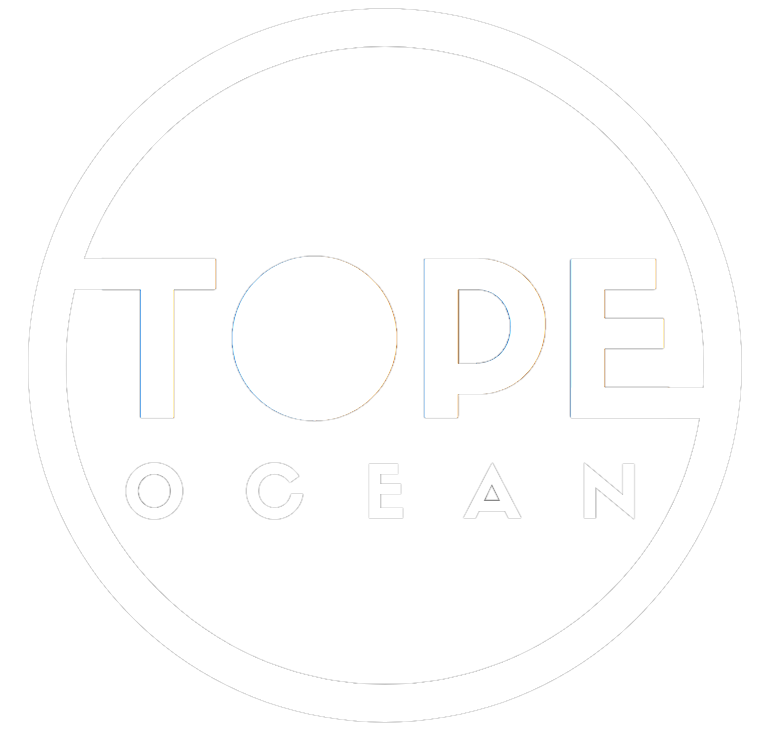The MORSE (MOFs for Reduction of Ship Emissions) project is a feasibility study lead by C-MAT Technologies in partnership with; University College London (UCL), the Natural Environment Research Council (NERC) and Tope Ocean.
At its heart, the MORSE technology employs metal-organic frameworks (MOFs), a class of nanoporous materials which have significant versatility due to their Lego-like molecular building block potential. With large internal surface areas acting as strong adsorption sites for greenhouse gas (GHG) molecules such as CO2, MOFs possess some of the highest gas capture capacities of any known material. MORSE will adapt this filtration technology which already has a proven track record in onshore industrial applications for use in the maritime sector. The project will develop and lab-test a retrofittable MOF system to capture, store and sequester GHGs from ship flue gases with the aim of decarbonising the vast global fleet of fossil fuel-based vessels. The technology will also be evaluated for the future storage of potential green fuels such as Ammonia.
This project is part of the Clean Maritime Demonstration Competition Round 4 (CMDC4), funded by the UK Department for Transport (DfT) and delivered by Innovate UK. CMDC4 is part of the Department’s UK Shipping Office for Reducing Emissions (UK SHORE) programme, a £206m initiative focused on developing the technology necessary to decarbonise the UK domestic maritime sector.
Dr Peyman Z. Moghadam, Associate Professor from UCL explains “development of new materials is critical for many problems related to energy and the environment. In this exciting project, we will be using computer simulations, MOF material synthesis and laboratory experiments to accelerate the practical implementation of these exciting materials on-board of ships.”
In order for the International Maritime Organization and the UK government to meet their targets of a 50% reduction in carbon emissions by 2050 (compared to 2008 levels), technologies such as MORSE must be developed to reduce carbon emitted by fossil fuel burning vessels which currently dominate marine transportation. With an average lifespan of 20-25 years, new and existing vessels burning fossil fuels will still be sailing beyond the initial 2035 target and final 2050 reduction target. Unless these vessels are targeted for carbon reduction through innovative retrofit technology it will not be possible to meet critical emission reduction targets as it remains commercially unviable for the sector to undertake mass scrapping of existing fleets in favour of new-build low and zero carbon alternatives.
Andrew Jeffries from the Natural Environment Research Council (NERC) says “we are committed to reducing the carbon footprint of marine science. This exciting project will investigate the practicality of stripping greenhouse gases directly from the exhausts of diesel-powered ships. NERC will use its own fleet of ships to provide real world exemplars of how this technology might be applied to ocean going vessels”.
